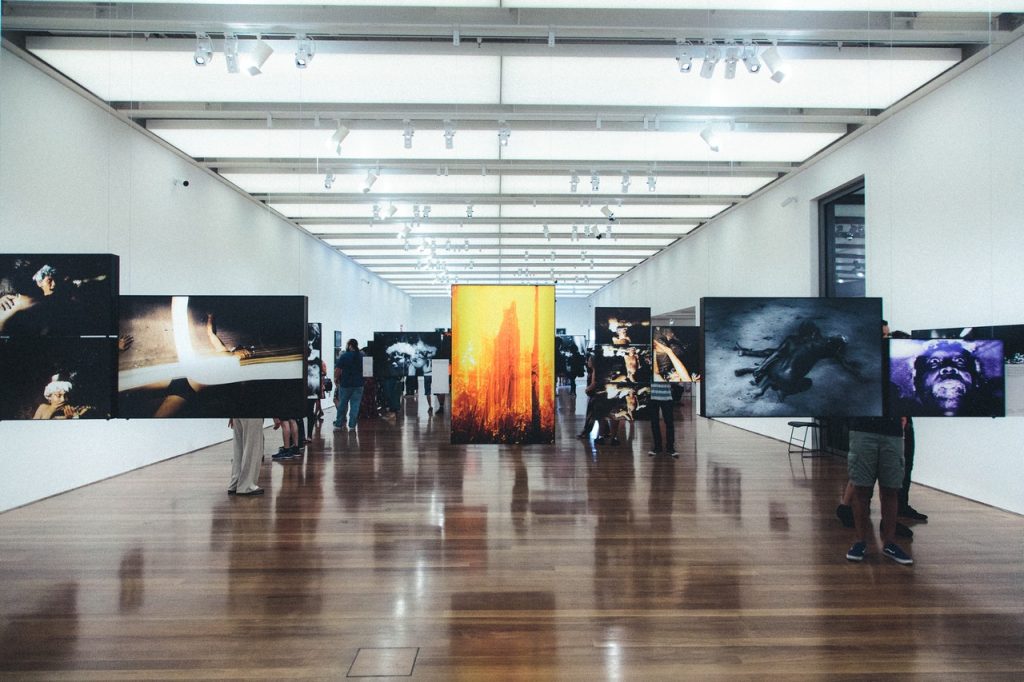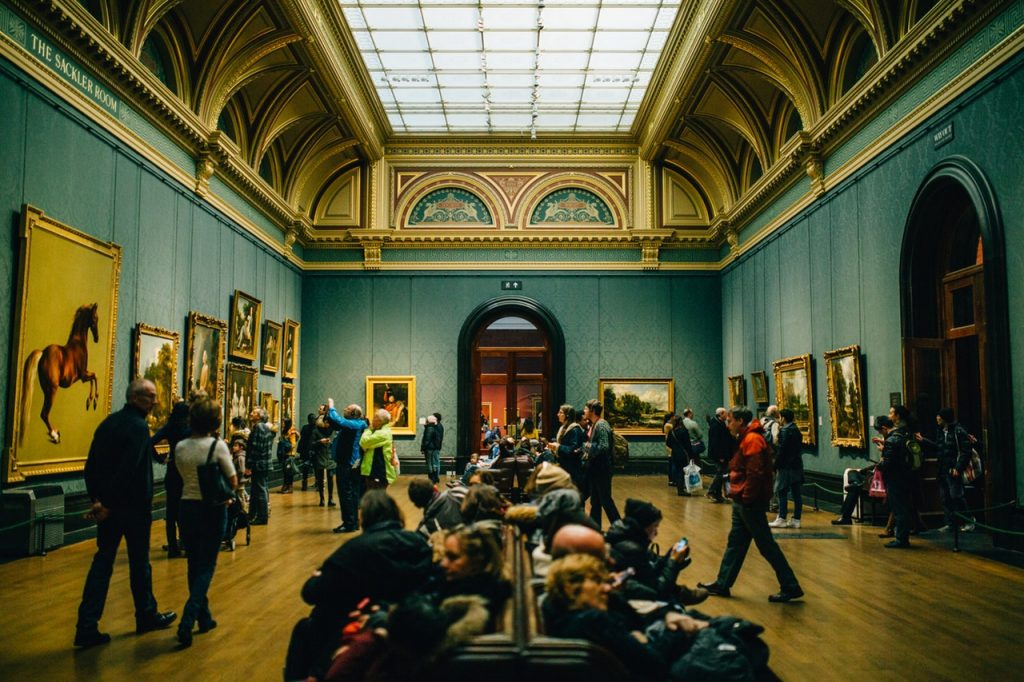Museums have a history that dates way back to around the 3rd century B.C. This was when the first museum had been opened in Egypt at the University of Alexandra. As time has passed it would seem that parts of the world have ended up being unsuccessful in finding a country that does not have a museum in it even if it is the smallest one possible. This goes to show that the whole concept around museums and their historical purpose has grown to be a global concept and somehow managed to get through the 20th century all the while technology has continued growing.
The importance of museums and their role is to collect things of religion, culture and history in order to preserve them so research can be done and then they can be presented in an exhibition showcase for everyone in the world to view for both enjoyment and educational reasons. The earlier museums were really nothing to get inspired over nor did they succeed in encouraging anyone to visit.
The focus these days seems to have narrowed and seems unacceptable within our changing world that there is no sustained glamour for the collective involvement and openness when it comes to dealing with the issues that are impacting everyday people and their communities. Basically, the view of the world is being skewed and there needs to be more of an importance put on the historical importance of museums.

The museums today tell the story of people and how we have survived humanity in the environment we are in for centuries of generations. Museums house things that are created by the environment and humanity and carried a cultural flow to the rest of the world and its nations. In the result of historical beginnings within the still developing nations the museums are seen as places that objects that are important to religion and idolatry are stored. This is a negative interpretation of the meaning of museums which takes away the overall importance of something as powerful as a museum display. Within the modern society it is important for the public and museums to try and redefine their mission, functions, goals etc in order to reflect each expectation of the museum.
Today the museums need to be agents of development and change, and they need to reflect the events in the society and call attention to the actions and events that will welcome the development in society and humanity. Museums need to show that they promote the ideals of transparency and democracy within the governance of each of their communities. Museums are retaining relevance and being partners in the growing of our societies. Using their resources and rising talent to encourage more response to the dynamics of the modern society. Museums hold critical resources in the society and need to give voice without being political and give a voice to the citizens as to how they are governed with avenues for discussions and dialogue. This is where we are seeing the actual events of today discussed and exhibited for all. With activities and programs museums can sensitize certain groups of people like youth, teaches and women’s organisations. This allows for a better understanding of the heritage and the national growth, general liberation and development.
Museums are important for people to see what was historically important and what is now and give education to those who have become citizens to our country. Museums offer an opportunity for self-education and for the younger generations to see how far our world has come and the advancements society has made.


